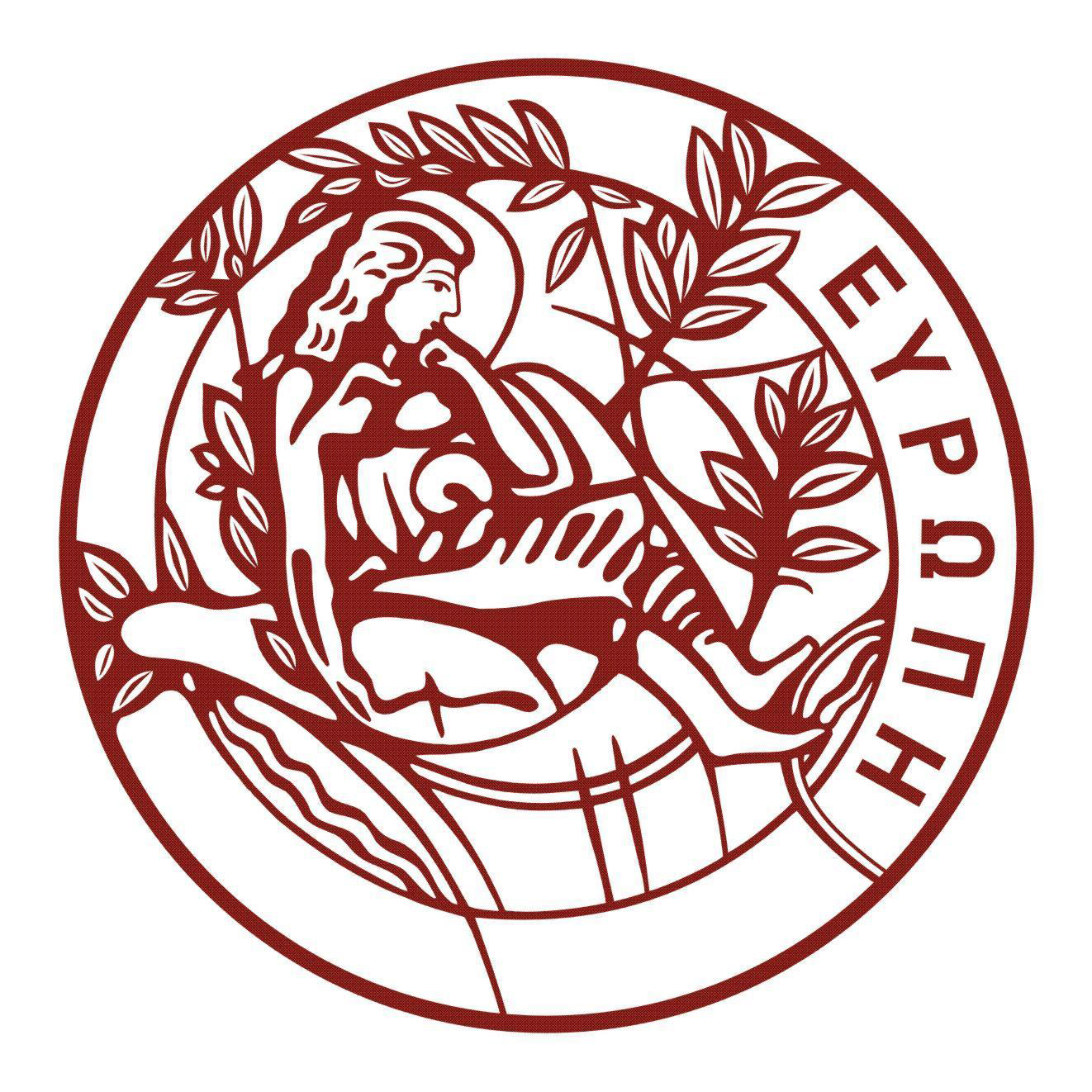
Erasmus KA103 – Mobility between Programme Countries
This mobility project can comprise one or more of the following activities:
Student mobility:
Student mobility can be in any subject area/academic discipline. To ensure high-quality mobility activities with maximum impact on the students, the mobility activity has to be compatible with the student’s degree-related learning and personal development needs.
Students may carry out either one or a combination of the activities described below:
- § a study period abroad at a partner higher education institution (HEI); The study period abroad must be part of the student's study programme to complete a degree at a short cycle, first cycle (Bachelor or equivalent), second cycle (Master or equivalent) and third or doctoral cycle.
- · a traineeship (work placement) abroad in an enterprise or any other relevant workplace21 . Traineeships abroad at a workplace are supported during short cycle, first, second, third cycle studies and, in the case of mobility within Programme Countries, within a maximum of one year after the student’s graduation. Wherever possible, the traineeships should be an integrated part of the student's study programme.
Staff mobility:
- § teaching periods: this activity allows HEI teaching staff or staff from enterprises to teach at a partner HEI abroad. Staff mobility for teaching can be in any subject area/academic discipline.
- § training periods: this activity supports the professional development of HEI teaching and non-teaching staff in the form of training events abroad (excluding conferences) and job shadowing/observation periods/training at a partner HEI, or at another relevant organisation abroad. A period abroad can combine teaching and training activities.
In 2018, in the grant allocation for mobility of staff between Programme Countries, emphasis will be put on training periods for HEI teaching staff that allow them to develop pedagogical and curriculum design skills.


